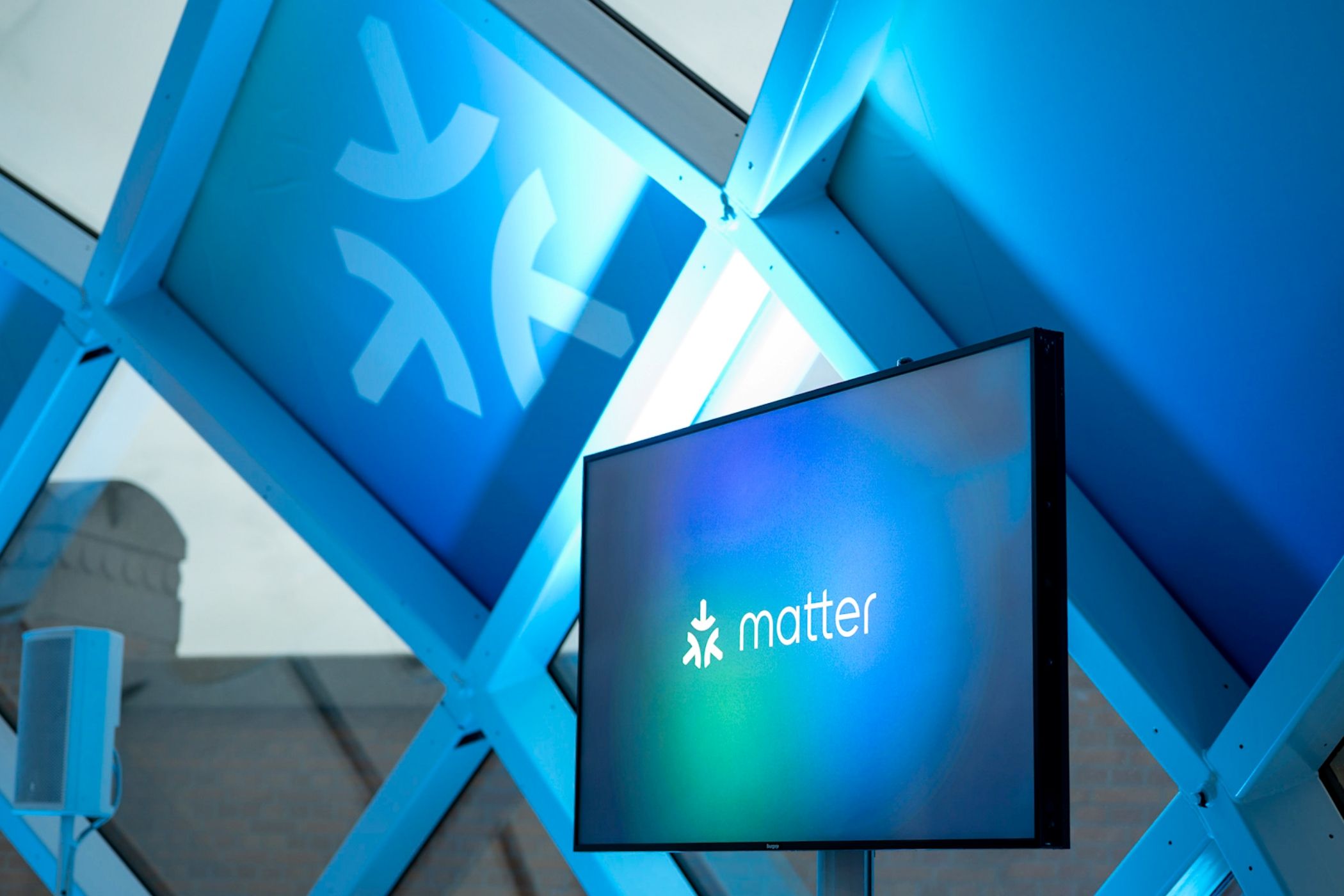Matter and the concept behind it—smart home devices working interoperably and seamlessly between multiple smart home ecosystems—went from a pipe dream to a reality relatively recently. But that doesn’t mean it doesn’t have problems. Now, the organization behind Matter wants to reassure us that it will finally get it together this year.
In a joint interview with The Verge, leaders of the Connectivity Standards Alliance (CSA), Thread Group, and Wi-Fi Alliance—the organizations behind Matter—acknowledged the many problems that Matter currently suffers from and outlined their plans to get the platform on its feet. They stated that 2025 will be a pivotal year for Matter, and they said that they expect visible improvements within the next 12 months. We’ll have to see whether this is true at all, but the interview actually outlines some of the upcoming changes aimed at addressing issues.
Most of the problems plaguing Matter devices currently available on the market have been connectivity-related. For one, key to Matter’s struggles has apparently been the slow adoption of Thread, one of the two wireless protocols Matter uses. Thread was chosen alongside Wi-Fi for its low latency and ability to cover a wide range of use cases in the home. However, its implementation has been hampered by compatibility issues between Thread border routers from different manufacturers. Thread Group is accelerating the rollout of Thread 1.4 to address this, and the company also aims to kill off older versions eventually. The end goal for Matter also is to eventually blur the line between whether devices are using Wi-Fi or Thread to talk to one another and to make them “just work” without the user having to worry about what they’re using.
Other solutions being explored include integrating Thread radios into home routers and using software to resolve connectivity issues. Of course, we’ll need to see whether these changes are actually implemented, but the fact that issues are being acknowledged and solutions are being outlined should make potential buyers of Matter-compatible smart home devices hopeful. In the meantime, though, you might want to stick to your regular smart home devices that you’re completely sure are compatible with your specific smart home ecosystem.
Source: The Verge





